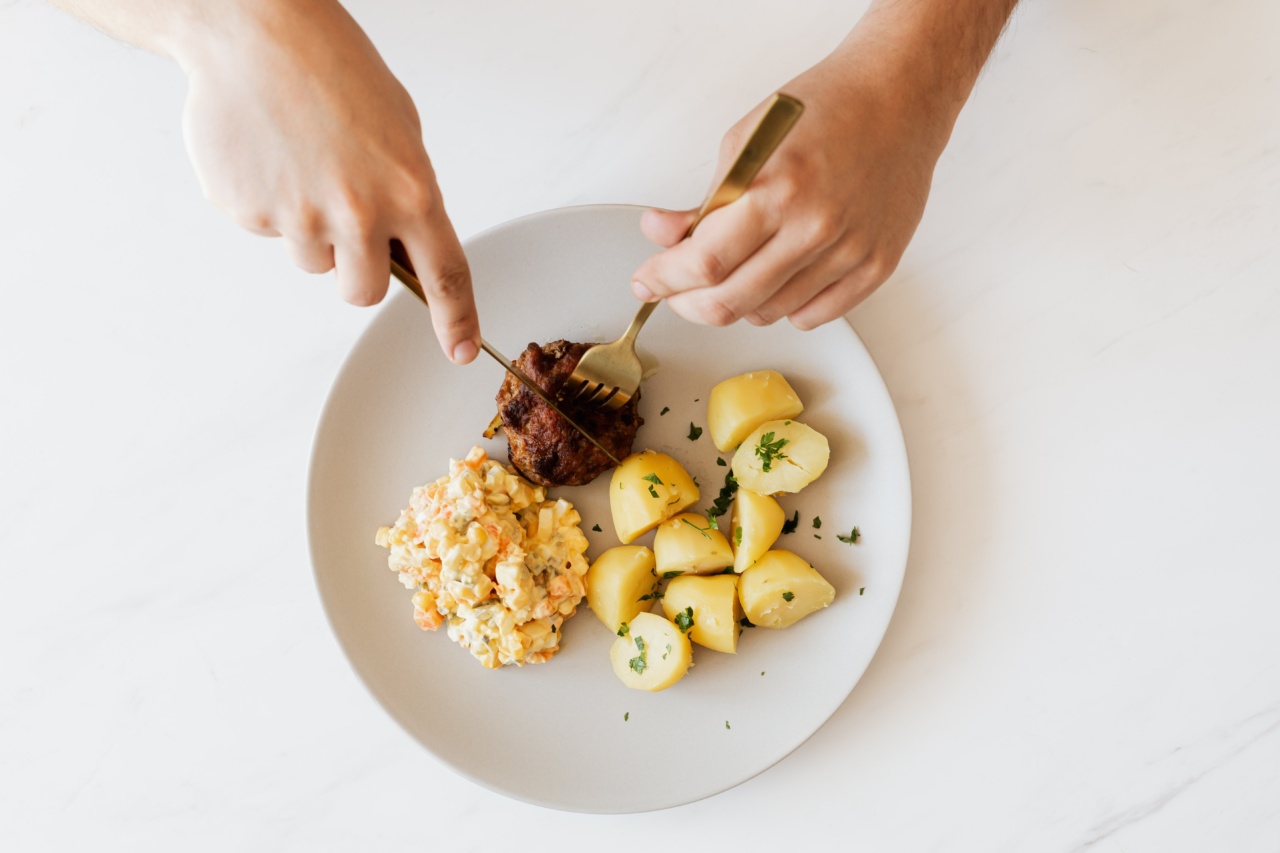Maintaining a healthy diet is essential for overall well-being and vitality. As the saying goes, “You are what you eat.” Every country has its own unique approach to nutrition, and Russian cuisine is no exception.
Russian dieticians emphasize the importance of balanced meals, portion control, and consuming a variety of foods to ensure optimal health and nutrition. In this article, we will explore the top nutrition tips shared by Russian dieticians to help you improve your dietary habits and enhance your quality of life.
1. Embrace Balanced Meals
A crucial aspect of Russian dietary guidelines is the focus on balanced meals. A typical Russian meal consists of three main components – proteins, carbohydrates, and fats.
Including all three food groups in each meal helps provide a diverse array of nutrients, supporting overall health and energy levels. Incorporating lean proteins, whole grains, and healthy fats such as olive oil, nuts, and seeds into your meals can contribute to a well-rounded diet.
2. Prioritize Portion Control
Another key aspect of Russian nutrition tips is the emphasis on portion control. Paying attention to portion sizes helps prevent overeating and promotes weight management. Russians often use smaller plates and serve meals in moderation.
Mindfully portioning your food can help avoid unnecessary weight gain and encourage a better understanding of satiety.
3. Include a Variety of Fruits and Vegetables
Rich in essential vitamins, minerals, and antioxidants, fruits and vegetables play a vital role in any balanced diet. Russian dieticians recommend including a variety of fresh, seasonal produce in your meals.
From beets and cabbage to berries and apples, incorporating a spectrum of colorful fruits and vegetables can provide an array of health benefits and support immune function.
4. Consume Whole Grains
Whole grains are a staple in Russian cuisine and offer numerous nutritional advantages. Opting for whole grain bread, brown rice, buckwheat, and oats instead of their refined counterparts provides greater amounts of fiber and essential nutrients.
Whole grains aid in digestion, reduce the risk of heart disease, and help maintain healthy blood sugar levels.
5. Choose Lean Protein Sources
Protein is an essential component of any diet, and Russian dieticians recommend opting for lean protein sources. This includes poultry, fish, legumes, tofu, and low-fat dairy products.
Incorporating these protein sources into your meals can help build and repair tissues, support muscle growth, and promote satiety.
6. Do Not Neglect Healthy Fats
While it is important to consume fats in moderation, including healthy fats is crucial for overall health. Russian dieticians encourage the consumption of foods rich in unsaturated fats, such as avocados, nuts, and seeds.
These fats contribute to heart health, brain function, and vitamin absorption.
7. Limit Added Sugars
Excessive consumption of added sugars can lead to numerous health problems, including obesity, diabetes, and cardiovascular disease. Russian dieticians advise limiting the intake of sugary beverages, processed snacks, and desserts.
Instead, opt for natural sources of sweetness such as fruits and honey.
8. Stay Hydrated
Adequate hydration is essential for optimal health and well-being. Russian dieticians stress the importance of drinking enough water throughout the day.
Staying hydrated helps maintain proper digestion, supports nutrient absorption, and aids in maintaining healthy skin.
9. Cook Your Own Meals
Russian culture places great significance on homemade meals. Cooking your own meals allows you to have full control over the ingredients and methods used, promoting healthier choices.
By preparing meals at home, you can reduce the consumption of processed foods and excessive sodium, additives, and preservatives commonly found in pre-packaged meals or fast food.
10. Practice Mindful Eating
Mindful eating involves paying full attention to the eating experience, savoring each bite, and recognizing internal cues of hunger and fullness.
Russian dieticians promote this practice to foster a healthier relationship with food and prevent overeating. Appreciating the flavors, textures, and aromas of your meals can lead to increased satisfaction and a better understanding of your body’s nutritional needs.
Conclusion
Russian dieticians provide valuable insights into maintaining a healthy diet through their emphasis on balanced meals, portion control, and a variety of foods. By embracing these nutrition tips, you can enhance your overall well-being and vitality.
Remember to prioritize balanced meals, include a variety of fruits and vegetables, choose lean proteins, and consume healthy fats. Incorporating these recommendations into your lifestyle can lead to long-term benefits and a happier, healthier you.





























